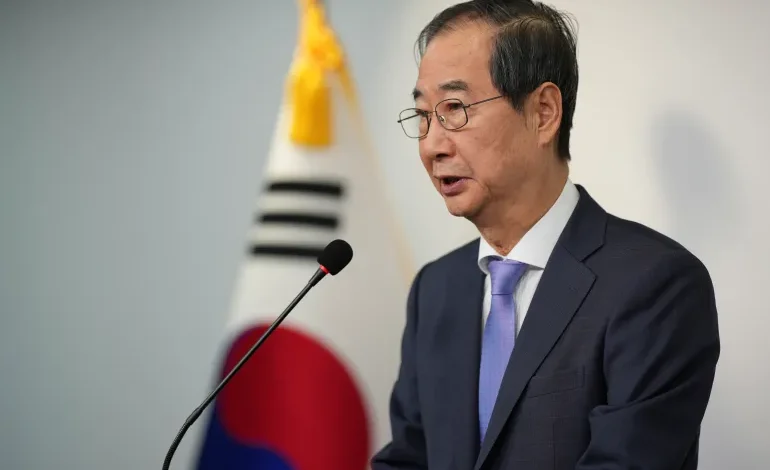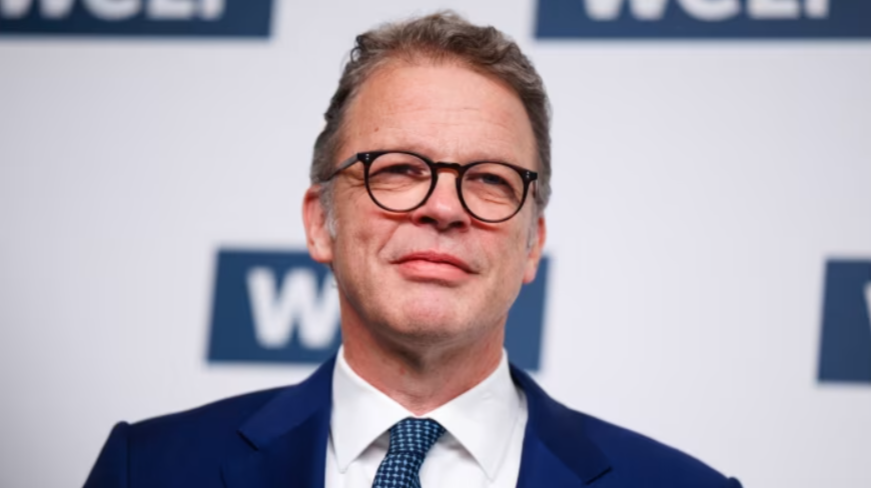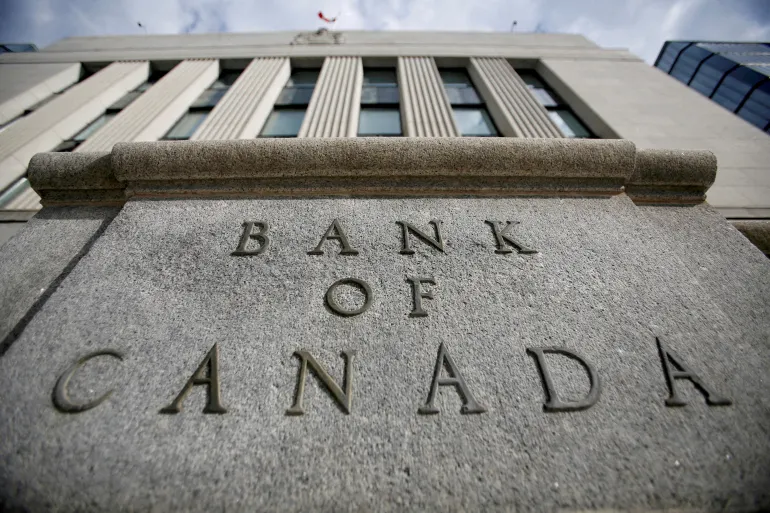South Korea’s Political Crisis Deepens: Acting President Impeached as Currency Plunges

South Korea’s political turmoil escalated dramatically on Friday as a majority of lawmakers in the National Assembly voted to impeach acting President Han Duck-soo, further destabilizing the country amidst a spiraling economic crisis, Al Jazeera reports.
The impeachment vote sent the South Korean won plummeting to levels not seen since the global financial crisis of 2007-2009.
The vote, which saw 192 of 300 lawmakers supporting impeachment, occurred after governing party politicians boycotted the session. Han had assumed the role of acting president following the impeachment of President Yoon Suk-yeol on December 14, due to his controversial imposition of martial law earlier in the month.
With Han’s impeachment, Finance Minister Choi Sang-mok is next in line to assume the acting presidency, according to South Korean law.
The main opposition Democratic Party (DP), which holds a majority with 170 seats, initiated the impeachment process after Han refused to immediately appoint three nominees to the Constitutional Court. While the DP-controlled parliament backed the three nominees on Thursday, Han had stated that he would not formally appoint them without bipartisan agreement. This sparked debate between the ruling and opposition parties regarding the required majority to impeach an acting president.
Parliament speaker Woo Won-shik, also from the DP, ruled that only a simple majority was needed for impeachment. This is a point of contention, as some constitutional scholars argue that a two-thirds majority should be required, similar to the threshold needed to impeach a sitting president.
The ongoing crisis has also left the Constitutional Court in a precarious position. At least six of the court’s judges must uphold President Yoon’s impeachment to remove him from office. With only six justices currently sitting, due to recent retirements, the court would need to deliver a unanimous ruling. Yoon himself is under criminal investigation on suspicion of insurrection and abuse of power.
The DP’s move to impeach Han, less than two weeks after he took office, has plunged South Korea into further political instability. The ruling party, the PPP, insists that a two-thirds majority vote should be required, while the DP argues that a simple majority is enough for the removal of a cabinet member. With the DP and its allies controlling 192 seats, the motion was able to pass despite the PPP boycott.
The economic fallout from this political instability has been significant. Finance Minister Choi warned that the impeachment would severely damage the country’s economic standing.
Adding to the woes, the South Korean won fell sharply against the US dollar, dropping below 1,480 won for the first time since March 2009, underscoring the deep economic anxieties gripping the nation.








